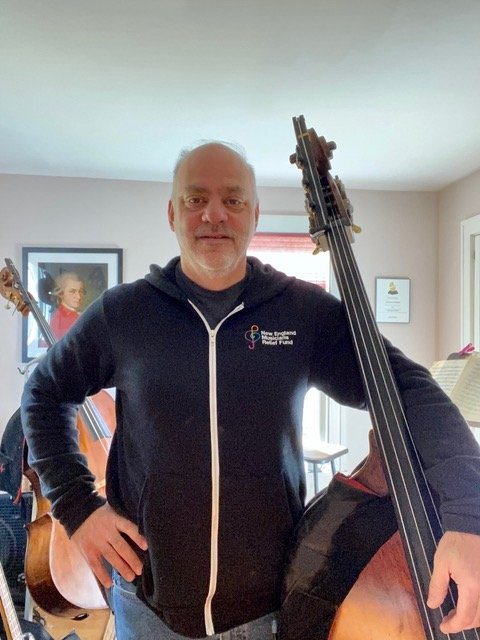Tony D’Amico
A Day in the Life of Bassist Tony D’Amico
The life of a New England freelance musician is always varied, often fulfilling, and never dull. December is undoubtedly the busiest month for the Boston-based musician. Because the musical culture in this area is so rich and vibrant, and music is one of the centerpieces of just about everyone’s holiday tradition, we professional musicians have our hands full. After a month of seemingly countless holiday concerts, Messiahs and Nutcrackers, a local musicians’ life in January seems relatively calm in comparison as we return to a more standard routine of classical symphonic concerts. As I write this in the middle of the 4th week of January, I have already participated in subscription series concerts with the Springfield Symphony and Rhode Island Philharmonic, and I’m heading up to Portland Maine tomorrow to perform Beethoven’s 5th Symphony with the Portland Symphony. The next few weeks will find me concertizing with the Chamber Orchestra of Boston, back to the Rhode Island Philharmonic for another program, the then with the Boston Philharmonic (where I get to play Mahler’s 1st Symphony, which contains perhaps the most famous orchestral bass solo in the repertoire!), performing in the backing orchestra for vocalist Audra MacDonald, and a jazz trio performance in Falmouth ME. Somehow, my 6 students need to get their regular bass lessons, all the while fitting in some personal time to practice.
It's a busy yet fulfilling life. Of course, there are some challenges most of the freelance musicians in this part of the country share. As you might imagine, this sort of performing life means many miles of driving – about 30,000 a year for me. While getting behind the wheel is always a risk, winter weather increases the dangers. With bad weather comes potential service cancellations due to snow and ice. Generally, we are not compensated if a service is called off for weather, so we are out that money. There is always the chance of injury or worse due to an auto accident. As in any business, industry trends can affect our livelihood. For example, in the past, I had been called to perform for multiple weeks with the touring musical theatre productions that came into the major Boston theatres. Recently, these productions have taken to traveling with their own musicians, and they are not picking up the local players as they once had. In fact, as far as I can tell I will not be performing at all in Boston theatres this season. The pandemic has had lasting negative effects on our business. Audiences have not yet returned to pre-Covid numbers. Diminished ticket sales mean smaller orchestra budgets, which in turn means smaller orchestras and fewer performances.
Speaking of Covid – the pandemic changed so much about our industry . A positive Covid test means we must stay home for the good of our colleagues, even if we are exhibiting minor symptoms. Some orchestras will still pay the musician who has a positive test, but many more won’t. Also, post-Covid fatigue is a serious problem for many musicians. It prevents us from practicing new music for upcoming performances and playing at our best during concerts – especially evening performances when we just want to be home resting in bed.
I will never forget February of 2020. I don’t think any performing musician will. My schedule went from being chock full of performances and teaching to being absolutely empty in a matter of days. And we didn’t know if we would ever be back to work. The vaccines were nowhere on the horizon at that time. Musicians were the first to be put out of work, and among the last to come back. It was a frightening time I had never experienced before, and I hope to never see again in my lifetime. The New England Resource Fund became a light in the middle of this dark moment. The Fund has given out over 900 grants to musicians in need who had otherwise fallen through the Unemployment Insurance cracks or just needed a bit more to make ends meet. As my story demonstrates, we don’t go to one job to collect one paycheck a week. We work for multiple employers. And the UI system doesn’t know what to with for us – it wasn’t designed with us in mind. NEMRF is a lifeline for professional musicians who would otherwise not have anything to fall back on. I am proud to be a part of such a worthwhile and necessary organization. In a few short years, it has become an indispensable resource for the New England professional musician.



